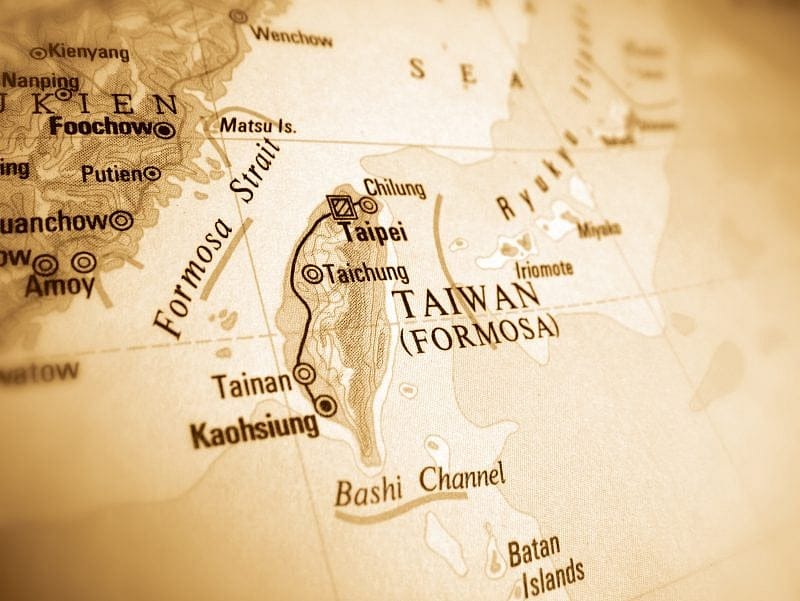Want World Peace? Let’s Do More for Taiwan

Sometimes the world turns on the fate of small nations. So it was in 1938, when the betrayal of Czechoslovakia set the stage for World War II. So it could be for Taiwan, whose survival is of paramount importance – not just for its 23 million people, but for the strategic position of the United States and world peace.
There's a growing understanding of this in Washington. Last week, the Pentagon announced an arms sale to Taiwan valued at up to $2.2 billion, including 250 Stinger missiles and 108 Abrams tanks to upgrade its antiquated fleet.

